It’s more than likely you’ve heard the saying “it’s not hard to kill a plant.” This is mostly true but there are some exceptions, some of which are more surprising than others. But what about dish soap–will it kill plants?
Dish soap can kill plants, but the toxicity depends on the type of soap and the concentration. Diluted concentrations of 1 – 3% liquid dish soaps, such as Dawn, Palmolive, Ivory, & Dove dish soap, will typically not harm most plants. At these concentrations, dish soap is an effective insecticide.
There is a common misconception that dish soap will kill plants. This is typically not the case. But like anything, the answer is “it depends.” So, let’s dive in & find out what the facts are!
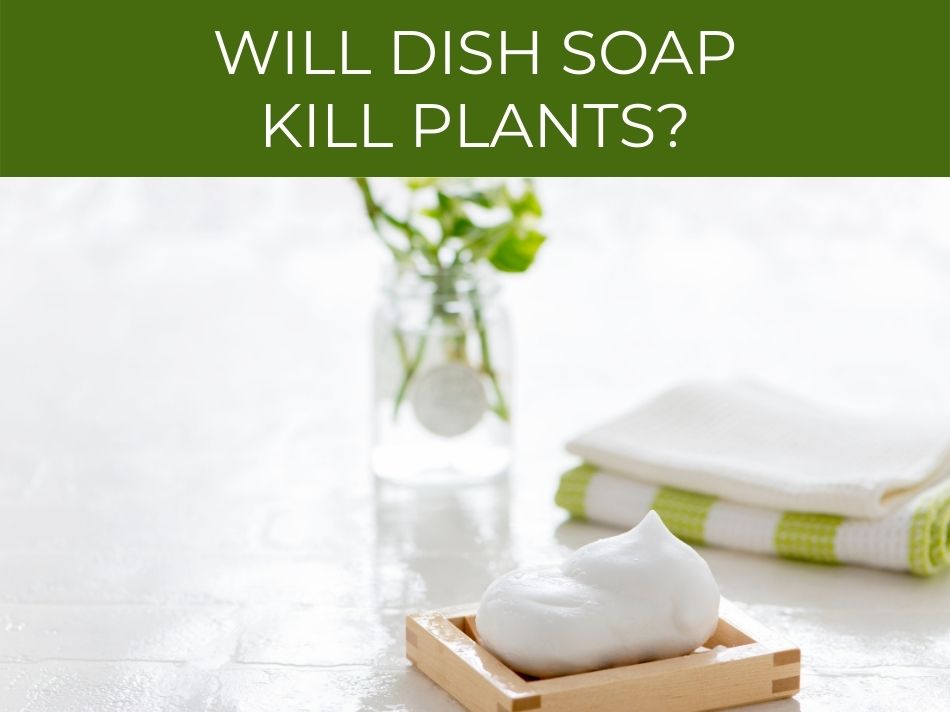
Will dish soap kill plants?
At diluted concentrations of 1 – 3%, most liquid dish soaps–like Dove, Dawn, Ivory, & Palmolive–can safely be sprayed on plant leaves without killing the plant. However, harsher soaps, and soaps containing bleach could be toxic to plants.
So, will dish soap kill plants? It depends on what type of dish soap you use, and on the plant species in question.
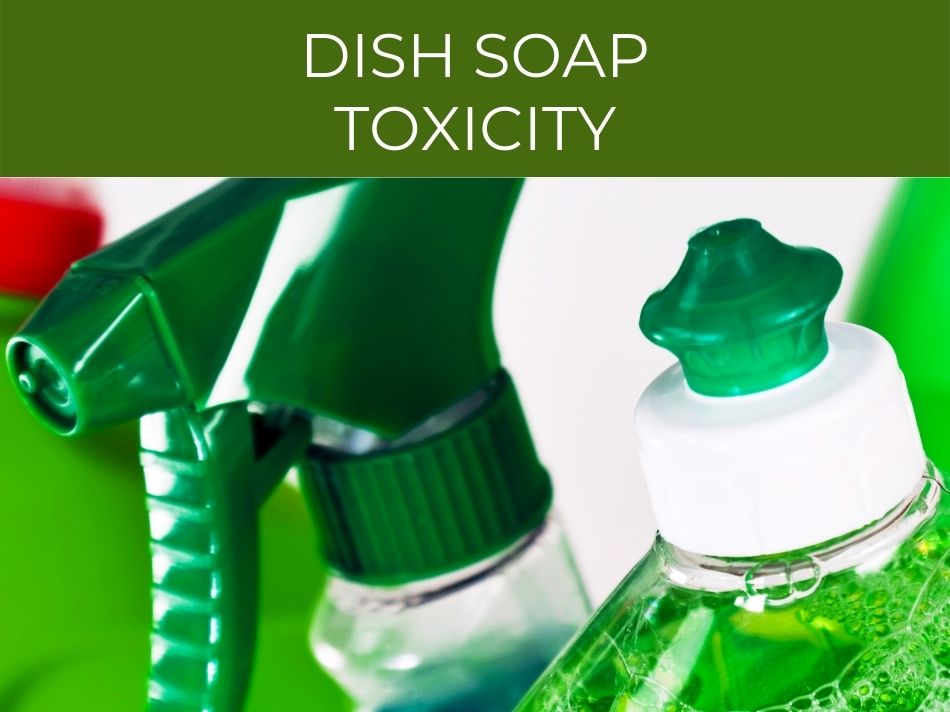
Dish soap toxicity
Some dish soaps are toxic to plants. Others are not. If a brand of dish soap leaves a residue on dishes, it would probably leave a residue on plants as well.
Toxicity is the main danger posed by dish soaps to plants. If a plant absorbs some of this residue through its roots, it could be harmful or even fatal to the plant. Just like humans and animals, plants are complex systems with various organs that perform various functions. Some dish soaps might be particularly damaging to parts of a plant’s physiology, causing it to die.
Dish soap effects on the environment
Plants can survive in many environments, including those that contain toxins or other potentially harmful substances. However, certain environments are better suited to certain types of plants than others.
As you might have guessed, some types of dish soap are less dangerous to plants than others. Soap nuts (or soapberries) are actually modified fruits from the Sapindus genus of native trees.
There is no biological relationship between dish soap and plants, and there is no way to determine if it will be harmful to your garden or not. The answer depends on what you’re trying to grow, but it’s important to avoid using soap that contains bleach or other toxic ingredients. These products are not organic and they have been known to destroy some kinds of life.
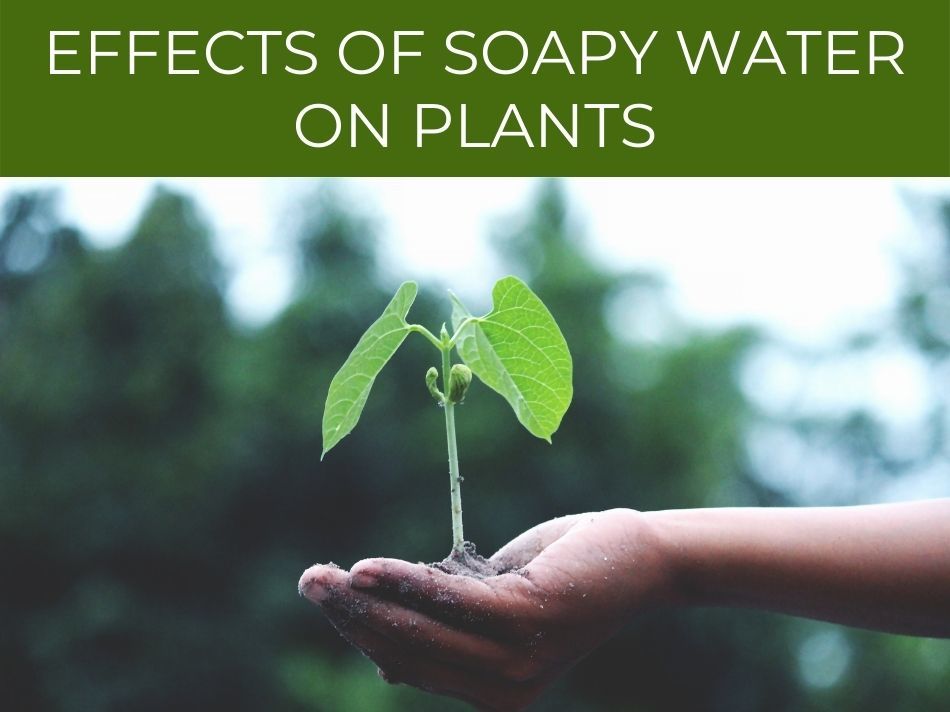
Effects of soapy water on plants
Soapy water can be indirectly beneficial to plants, since soap can control and/or kill certain insects and garden pests. However, it must be used with caution and in small amounts to avoid damaging plants. Use a commercial insecticidal soap to ensure minimal damage to your plants.
Liquid hand soaps may also be effective, but they are generally less expensive and often contain additives that may be harmful to plants.
Some household soaps contain dyes and perfumes that are toxic to plants.
Before spraying your entire garden with soapy water, start with a test plant, and only spray that section of the plant that is affected.
When applying soapy water to plants, remember that it is not a universal insecticide.
It can harm some plants and can actually harm some beneficial insects.
Soapy water is best for soft-bodied, small-bodied insects, such as aphids, whiteflies, thrips, and mites. It will not affect large-bodied insects like beetles.
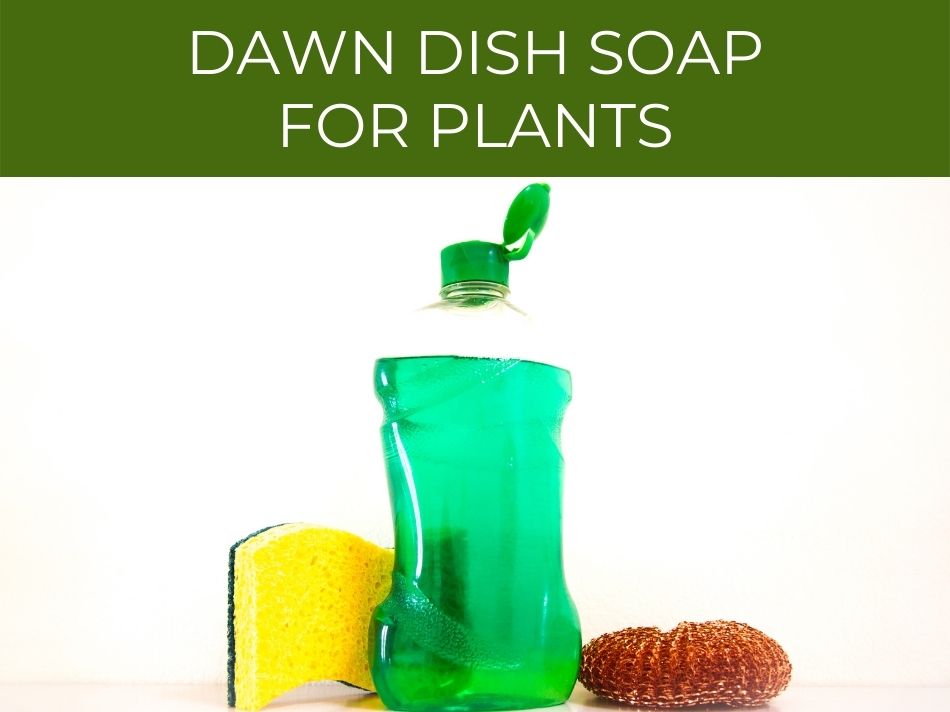
Dawn dish soap for plants
Like other liquid dish soaps, Dawn dish soap for plants can kill many garden pests. It is effective against aphids, spider mites, whiteflies, and scale insects. Dawn dish soap and similar soaps should be used in concentrations of 1 – 3% to avoid harming plants.
While you can purchase commercial insecticides, they often contain chemicals that can harm your plants.
The detergent’s powerful desiccation action kills insects by breaking their outer skin. Even better, it does not harm beneficial insects like bees.
Before using Dawn dish soap for plants, remember that it’s not designed for use on plants.
You should first test it on a few plants to see if they are affected by it.
Then, you can apply it to your plants as needed. However, do keep in mind that Dawn can be dehydrating, so it’s best to avoid applying it in warm weather.
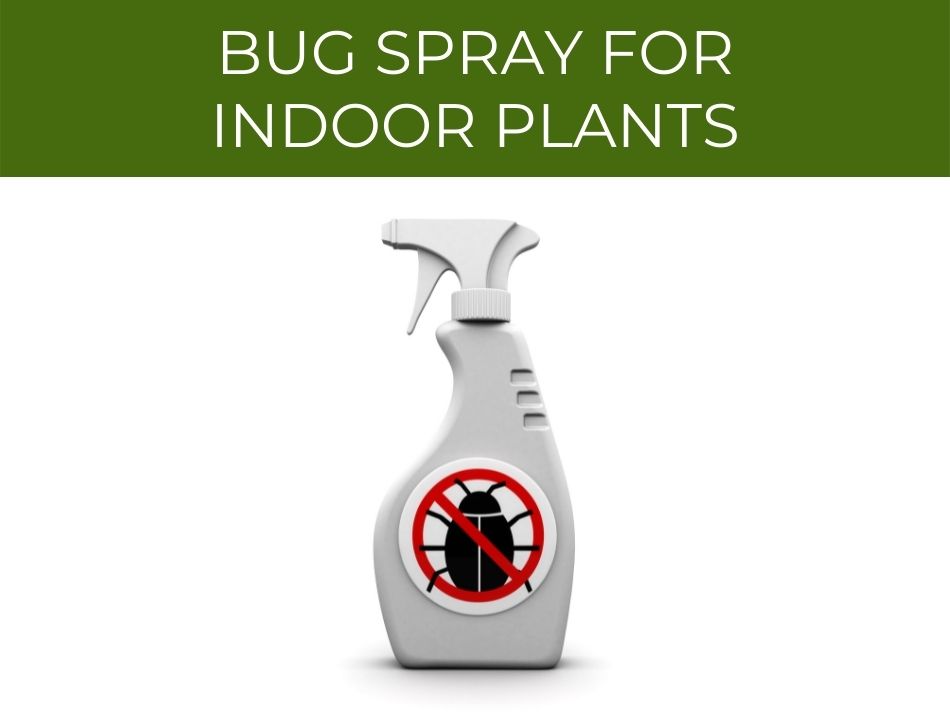
Bug spray for indoor plants
Bug spray for indoor plants is an essential item to have to keep your houseplants healthy. An effective bug spray can be made from a 1 – 3% concentration of liquid dish soap, such as Dawn, Ivory, Dove, or Palmolive, and can kill many soft-bodied pests like aphids, whiteflies, & thrips.
Indoor plants can be a great addition to your home, from adding color and decorating your home to improving the air quality in your home.
The only problem with indoor plants is that you have to consider the pests that may come along with them.
You can use sprays or powders made specifically for your plants, but you should also investigate other natural options that will keep the bugs at bay without harming your plants. Here are some options:
Cedar Oil
Cedar oil might be an effective way to keep bugs from invading your houseplants, although there have been no comparative studies.
You can simply rub a little bit of cedar oil onto the leaves of any plants you want to protect and they will remain bug-free.
You can also add cedar oil to soapy water and spray it on the leaves of plants.
However, this method isn’t as effective as just rubbing the oil directly onto the plant.
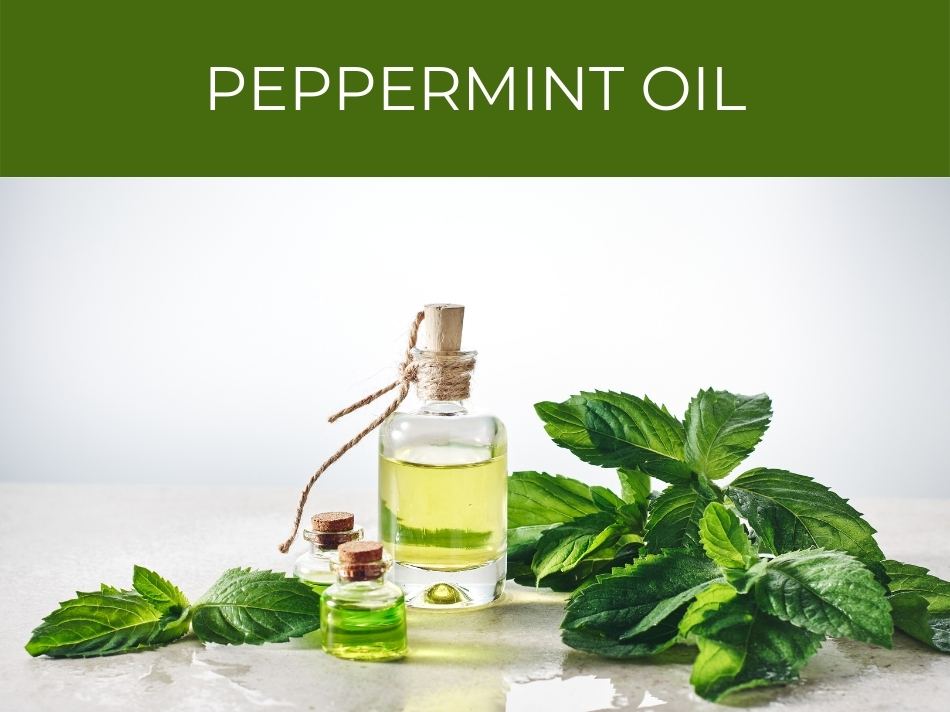
Peppermint Oil
Peppermint oil is another popular option for people who want a natural way to repel bugs from their home or garden area.
You can rub fresh peppermint leaves on any plant that you want to protect.
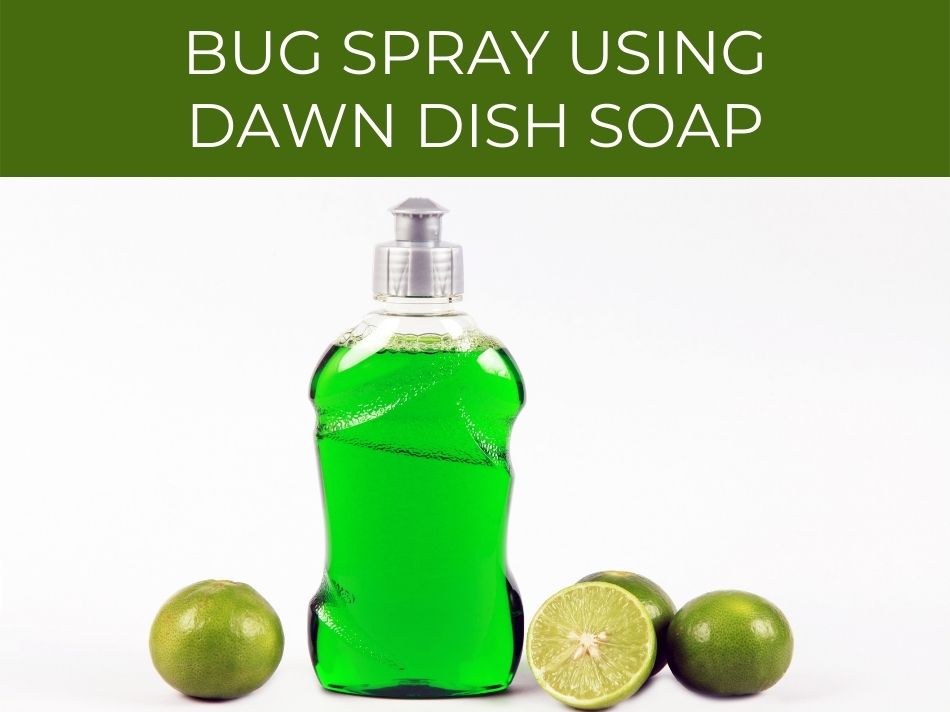
Bug spray using Dawn dish soap
An effective bug spray using Dawn dish soap can be made with 1 – 3% dish soap, sprayed on the plant’s stems and leaves. This has proven effective against soft-bodied insects such as aphids, thrips, and whiteflies.
Dawn is one of the most successful brands of dish soap in the world. It is known for its grease-cutting abilities and its ability to be used in cold water.
It has since expanded into a line of other household products, including laundry detergent, hand soap, and now, bug spray.
This recipe makes approximately 16 fluid ounces of bug spray, which will last for 10 or more days if you need it to.
If you’re having trouble finding essential oils and glass bottles to make your own bug spray, then try using this recipe:
- 1 tablespoon dawn dish soap
- 16 ounces water
Mix all ingredients together in a spray bottle.
Shake well before each use.
This recipe can be easily adjusted to your needs.
Application: applying this bug spray is very simple. Simply shake the bottle well and spray the plants as needed.
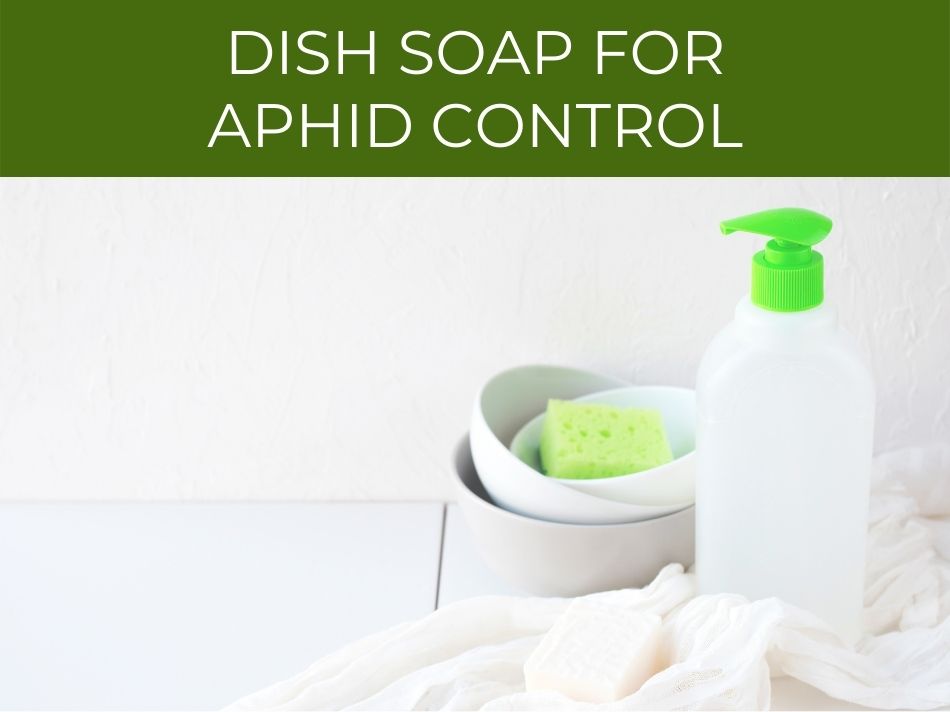
Dish soap for aphid control
Aphids and other soft-bodied insects can be controlled by using dish soap mixed with water, with a 1 – 3% concentration of dish soap, such as Dawn, Palmolive, Ivory, or Dove. Spray the mixture on leaves & stems as needed to control or kill pests.
Dish soap is a good alternative to more toxic insecticides.
It doesn’t leave a heavy residue on the leaves or stems of plants, but it’s strong enough to kill aphids.
Aphids are a common garden pest that can ruin your plants and flowers.
They suck the juice from leaves and stems, causing leaves to curl, leaving them weak and susceptible to disease.
They also transmit plant viruses that can kill your plants.
Natural dish soap works as an insecticide because it’s extremely effective at breaking down the waxy coating on an aphid’s body.
The soap breaks down their protective coat, causing them to die from dehydration or desiccation (drying out).
Using dish soap for aphid control is a safe way to keep your garden healthy and beautiful, without using harsh chemicals that can be dangerous to both humans and pets.
Check out the complete guide to controlling aphids in the garden.
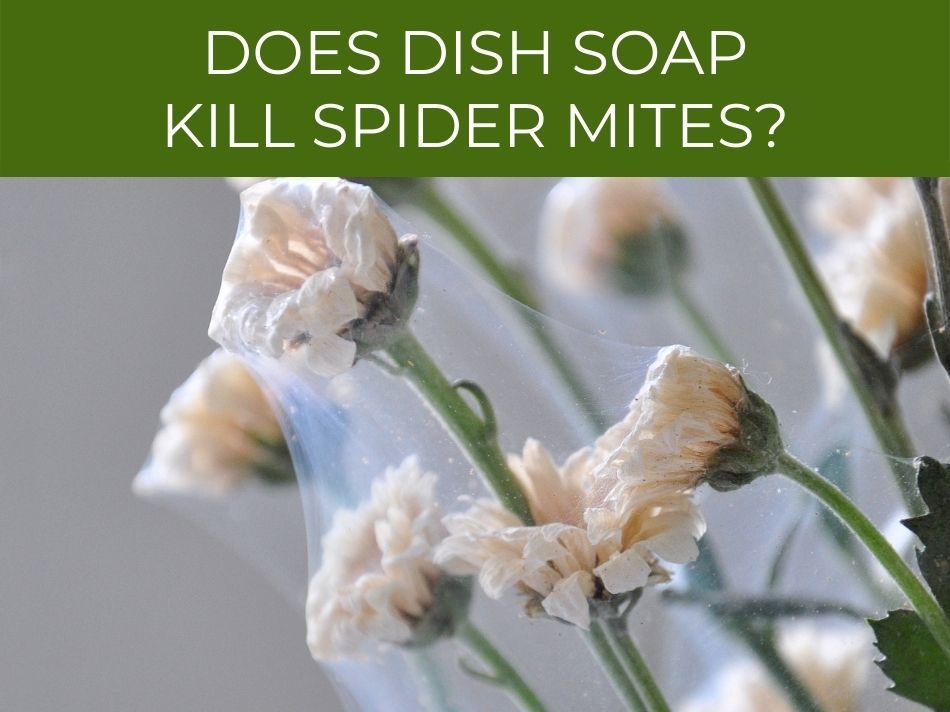
Does dish soap kill spider mites?
Dish soap will kill spider mites, and can leave plants unharmed if used in concentrations of 1 – 3%. Mix 1 tablespoon liquid dish soap, such as Dawn, with 16 ounces water, and spray the solution on plants to kill spider mites.
Yes, dish soap is a great way to get rid of spider mites.
If you’re trying to kill the pesky little bugs without using a harsh chemical, dish soap will work just fine.
Treat the infested plants with dish soap in the evening when they are not in bloom and there are no bees around.
You can also use a spray bottle to spray your plants with soapy water, since it’s less messy than pouring the liquid directly on them.
This is especially helpful for larger plants and houseplants.
Dish soap is an effective way to get rid of spider mites because it contains ingredients that are toxic to pests.
While these ingredients do not pose any danger to humans, they can kill off most of the spider mites on your plants if you use enough of them.
Using dish soap on your plants is harmless (depending on its commercial level or basic home use) because it contains no harsh chemicals or toxins that will burn the leaves or cause other damage.
It’s also easy to do, as all you have to do is apply it directly to the affected plants and leave them alone overnight so that the soap can take effect.
The only downside is that you may need several applications of soapy water before all of the pests are wiped out completely.
See if peroxide can kill spider mites.
Also, if you have palm trees, check out our complete guide to getting rid of spider mites on palm trees.
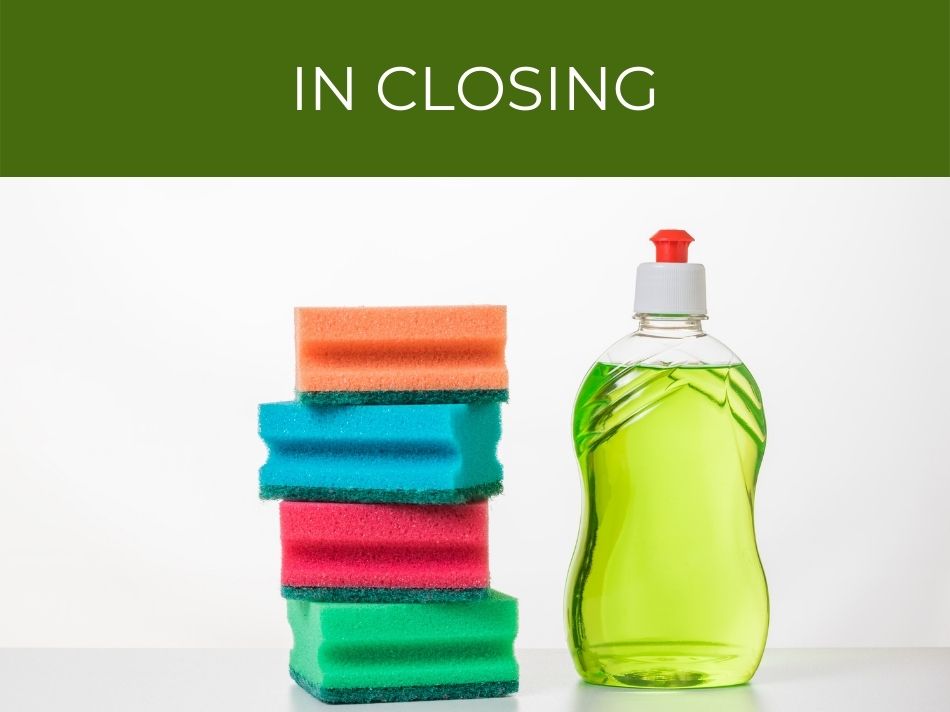
In closing
So, is Dawn dishwashing liquid safe for plants? It seems that most plant owners will give you the thumbs-up on this one.
Dish soap that’s used to wash your dishes won’t kill the majority of plants when it accidentally gets on their leaves.
After testing various dish soaps, Dawn (original blue gel) did the best at wiping out moss on concrete and plants in the dirt.
While soap is made from petroleum and other toxic chemicals, I think the toxicity of the products you are using is more important.
As long as you are using biodegradable dishwasher detergents, it should be safe for all plants.

